Enlightenment, American Revolution 1700-1800
History
Adam Smith
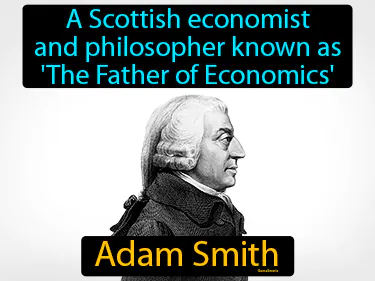
A Scottish economist and philosopher known as 'The Father of Economics'. Adam Smith. He is known for his ideas about free markets and the benefits of competition.
baroque
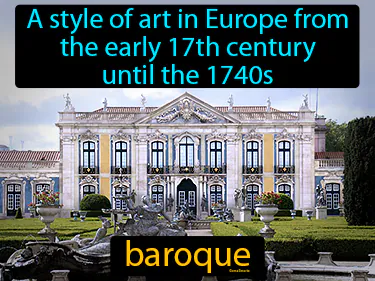
A style of art in Europe from the early 17th century until the 1740s. Baroque. Baroque is a dramatic and highly detailed style that reflects the grandeur and power of the periods' monarchies and the Church.
Benjamin Franklin
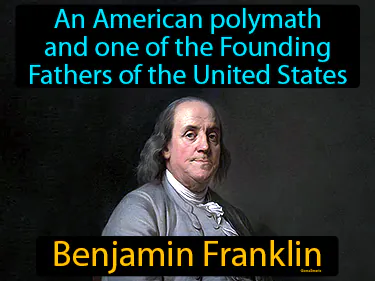
An American polymath and one of the Founding Fathers of the United States. Benjamin Franklin. He was a key figure in the American Revolution and contributed to the founding of the nation.
Catherine the Great
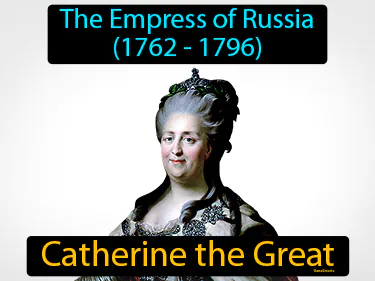
The Empress of Russia 1762-1796. Catherine the Great. She was a powerful Russian ruler known for expanding the empire and promoting enlightenment ideas.
censorship

The suppression of speech, public communication or other information. Censorship. Throughout history, censorship has been used by governments to control what people can read, see, or hear.
Diderot
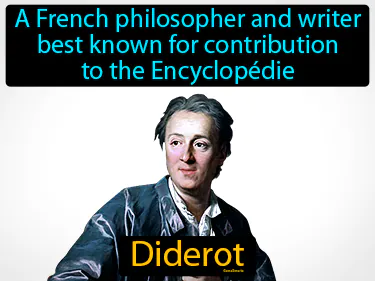
A French philosopher and writer best known for contribution to the Encyclopdie. Diderot. He was a key figure in the Enlightenment, helping to spread revolutionary ideas through his work on the comprehensive Encyclopdie.
enlightened despot
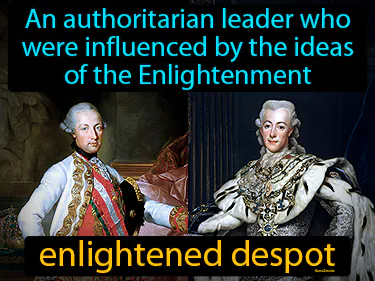
An authoritarian leader who were influenced by the ideas of the Enlightenment. Enlightened despot. An enlightened despot is a ruler who holds absolute power but uses it to promote reforms and ideas from the Enlightenment, such as education and justice.
federal republic
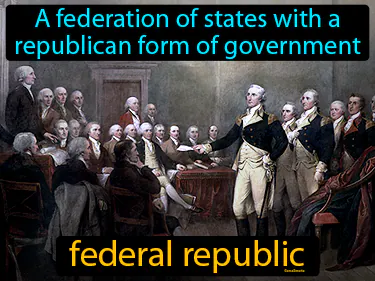
A federation of states with a republican form of government. Federal republic. A federal republic is a country where multiple states combine under a central government, yet each retains some independence, like the United States.
Frederick II
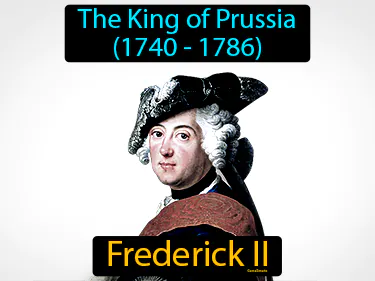
The King of Prussia 1740 - 1786. Frederick II. Frederick II, also known as Frederick the Great, was a prominent military leader and reformer who expanded and modernized Prussia, making it a significant European power.
George III
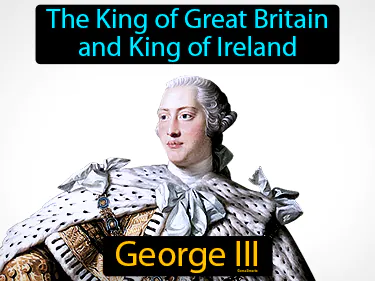
The King of Great Britain and King of Ireland. George III. George III was a British monarch during the American Revolutionary War when the American colonies gained independence from Britain.
George Washington
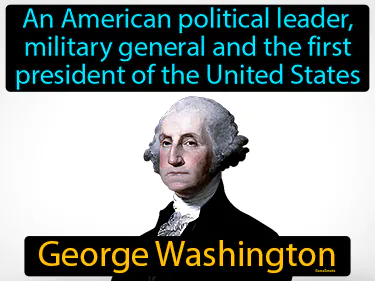
An American political leader, military general, and the first president of the United States. George Washington was the founding father who led the country to independence.
James Madison
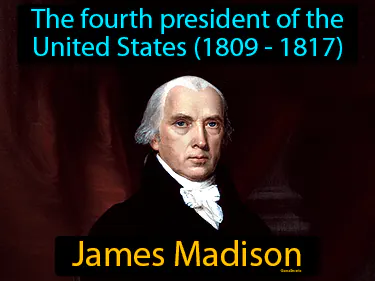
The fourth president of the United States 1809 - 1817. James Madison. He is known as the "Father of the Constitution" for his key role in drafting and promoting the U.S. Constitution.
John Locke
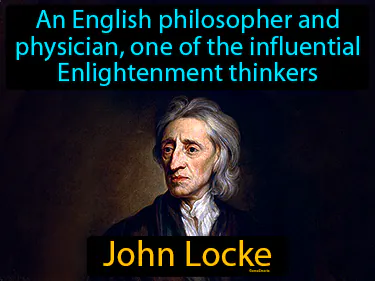
An English philosopher and physician, one of the influential Enlightenment thinkers. John Locke. He is known for his ideas about government by the consent of the governed and the concept of natural rights.
Joseph II
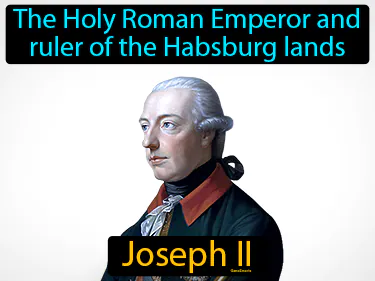
The Holy Roman Emperor and ruler of the Habsburg lands. Joseph II. Joseph II was an 18th-century monarch known for his progressive reforms and attempts to modernize the Austrian Empire.
laissez-faire
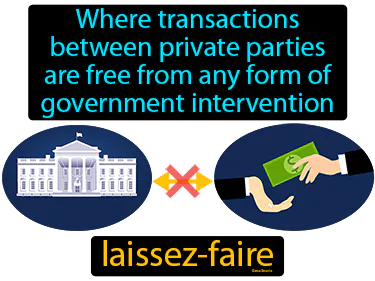
Where transactions between private parties are free from any form of government intervention. Laissez-faire. Laissez-faire is an economic policy that promotes minimal government involvement in the economy, allowing businesses to operate with little regulation.
Montesquieu
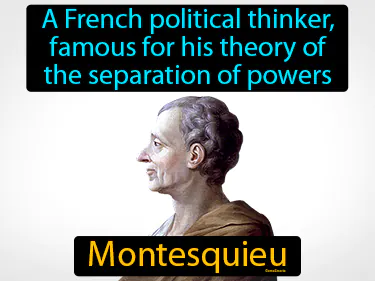
A French political thinker, famous for his theory of the separation of powers. Montesquieu. He was a key figure in the Enlightenment who influenced modern democratic government structures.
natural law
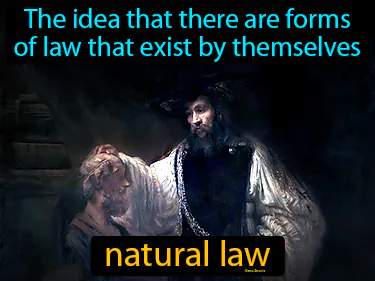
The idea that there are forms of law that exist by themselves. Natural law. In history, natural law refers to the belief that certain rights and moral values are inherent and universally understandable through human reason, independent of laws made by humans.
natural rights
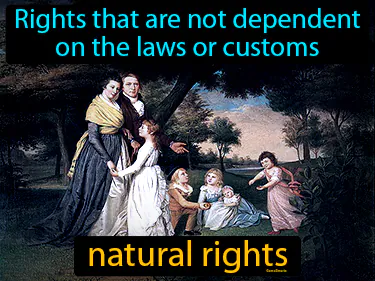
Rights that are not dependent on the laws or customs. natural rights. Natural rights refer to basic freedoms and rights that people are believed to have inherently, which influenced the development of modern human rights laws.
philosophe
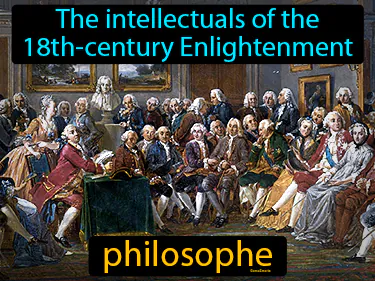
The intellectuals of the 18th-century Enlightenment. philosophe. A philosophe was a thinker during the Enlightenment who advocated for reason, science, and individual rights.
popular sovereignty
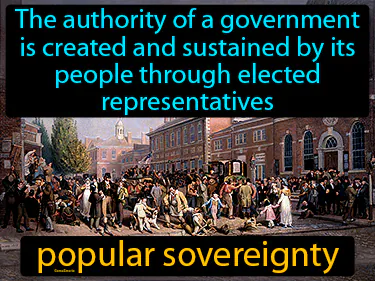
The authority of a government is created and sustained by its people through elected representatives. Popular sovereignty. In history, popular sovereignty means that the power of a government comes from the consent of the people it governs.
rococo
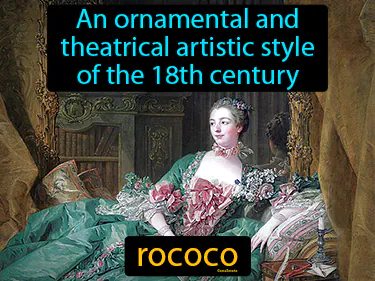
An ornamental and theatrical artistic style of the 18th century. Rococo. Rococo is a decorative art movement known for its elaborate and intricate designs that involve light colors, curves, and playful themes.
Rousseau

A Genevan philosopher and writer who influenced the progress of the Enlightenment. Rousseau. Rousseau was a key thinker who believed in the goodness of man and the importance of individual freedom.
salons
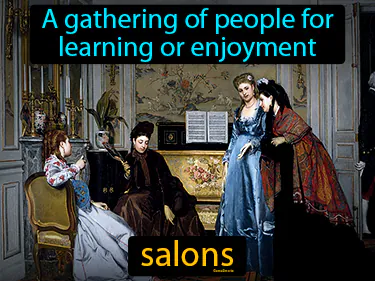
A gathering of people for learning or enjoyment. Salons. In history, salons were social gatherings, often hosted by women, where intellectuals and artists exchanged ideas during the Enlightenment.
social contract
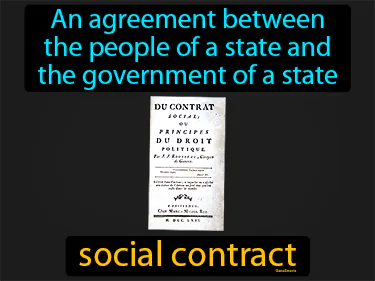
An agreement between the people of a state and the government of a state. Social contract. In history, a social contract is an idea that people give up some freedoms to a government in exchange for protection and order.
Stamp Act
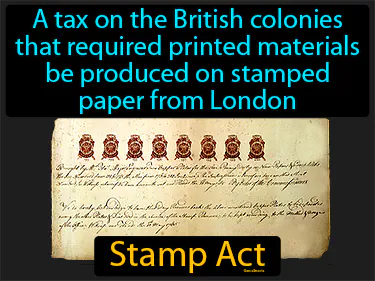
A tax on the British colonies that required printed materials be produced on stamped paper from London. Stamp Act. The Stamp Act was a 1765 law by Britain taxing paper goods in American colonies, sparking protest.
Thomas Hobbes
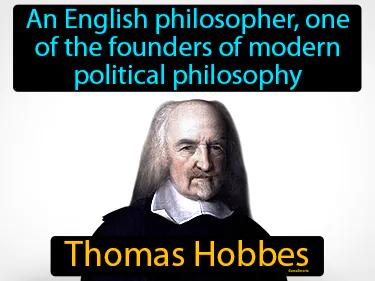
An English philosopher, one of the founders of modern political philosophy. Thomas Hobbes. He is best known for his idea that a strong central authority is necessary to prevent chaos and maintain order in society.
Thomas Jefferson
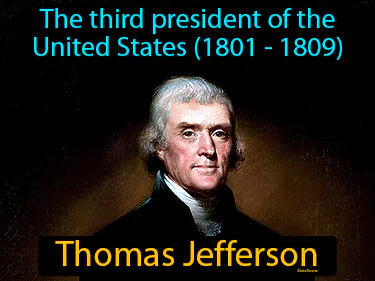
The third president of the United States 1801 - 1809. Thomas Jefferson. He is known for writing the Declaration of Independence.
Treaty of Paris
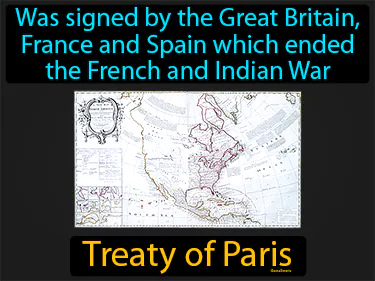
An agreement to end the war between Britain and its American colonies - 1783. Treaty of Paris. The Treaty of Paris officially ended the American Revolutionary War and recognized the independence of the United States.
Voltaire
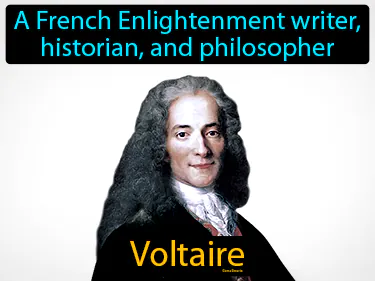
A French Enlightenment writer, historian, and philosopher. Voltaire was a key figure who championed freedom of speech and criticized tyranny in the 18th century.
Yorktown Virginia
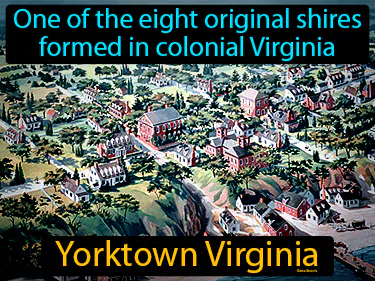
One of the eight original shires formed in colonial Virginia. Yorktown, Virginia. Yorktown is famously known as the site of the final major battle of the American Revolutionary War, where British forces surrendered to George Washington in 1781.